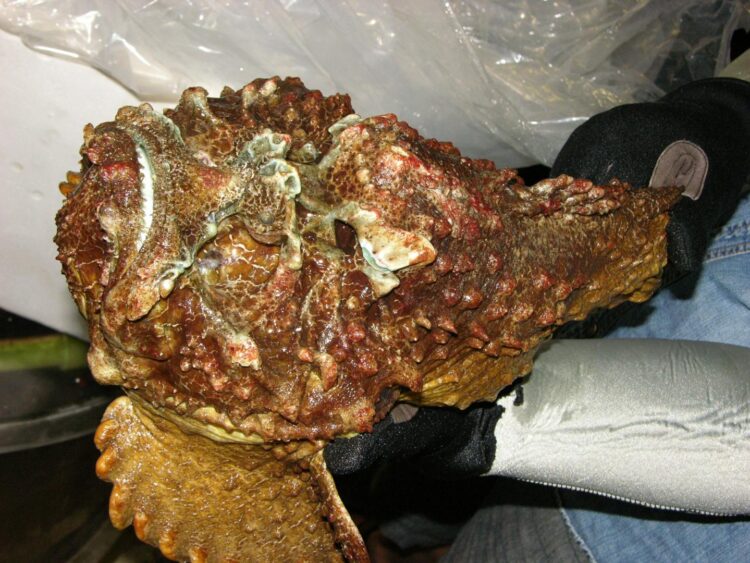University of Queensland scientists working to unlock the mysteries Australia’s deadly stonefish have made a discovery which could change how sting victims are treated in the future.
Stonefish are the most venomous fish in world and are found throughout shallow coastal waters of the northern half of Australia.
Study co-author Associate Professor Bryan Fry said previous studies have not been able to uncover all of the mechanisms at play in stonefish venom because of the way the venom was tested.
“There’s a couple of reasons previous studies haven’t been able to thoroughly decipher the toxicological mysteries of stonefish venom,” Dr Fry said.
“But we’ve discovered a big one – labs were previously analysing only freeze-dried venom, as the venom is often dried in order to make it more stable for transportation and storage.
“By testing freshly milked venom our analysis revealed that the process of freeze-drying destroys paralytic neurotoxic activity of the sample, a key activity we’re observing.
“Any lab studies using freeze dried venom therefore wouldn’t recover all of the paralytic activity or some other functional activities of the venom, which is important, since stonefish antivenom is made using freeze dried venom.
“This means there’s a possibility that current antivenom may not fully neutralise the paralytic effects in human stonefish envenomation, but this definitely needs more study.
“We’d also like to strongly emphasise that the paralytic effects are historically not the dominant lethal effect of the venom and in some cases don’t even manifest.
“Patients should definitely be treated using the current antivenom formulation currently available, which work well.”
PhD candidate Mr Richard Harris said the study also revealed how the venom of stonefish can disrupt, or potentially stop, the heart and paralyse other muscles.
He said the research showed that the neurotoxic effects of stonefish venom blocks the heart’s smooth muscle nerve receptors, which leads to an alteration of the heart’s rate and rhythm.
“Intriguingly, the venom works in a similar way to venom of the nerve-blocking death adder – a dangerous Australian snake,” Mr Harris said.
Dr Fry said the research was only possible thanks to new advanced automated and robotic equipment at UQ’s Australian Biomolecular Interaction Facility (ABIF) established by major funding from the Australian Research Council.
The facility has the only machine in the southern hemisphere capable of conducting binding kinetic experiments in such a high throughput manner.
“We’ve only been able to uncover the inner workings of stonefish venom thanks to a machine known as the Octet HTX – the Rolls Royce of biomolecular interaction technology,” Dr Fry said.
“We’re excited about what else we can do with this technology and the insights it will offer into the world’s deadliest creatures, helping us develop world-leading treatments.”
###
The research is published in Toxicology Letters (DOI: 10.1016/j.toxlet.2021.04.007).
Media Contact
Associate Professor Bryan Fry
[email protected]
Original Source
https:/
Related Journal Article
http://dx.





